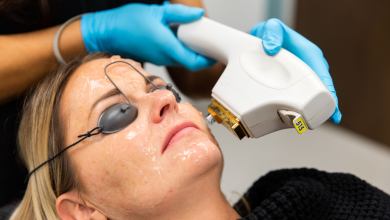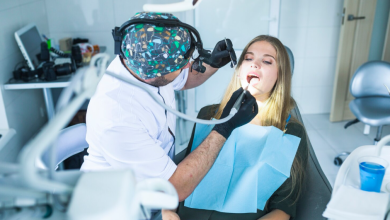
Sleep is essential for overall health, yet millions of people worldwide struggle with sleep disorders such as insomnia, restless leg syndrome, and sleep apnea. Poor sleep can lead to a range of physical and mental health issues, including fatigue, impaired cognition, mood disturbances, and weakened immunity. As traditional sleep aids sometimes come with undesirable side effects or risk of dependency, more individuals are exploring natural alternatives. Among these, cannabinoids—compounds found in cannabis—have emerged as a promising option to improve sleep quality.
Understanding Cannabinoids and Sleep
Cannabinoids are active compounds found in the cannabis plant, with THC (tetrahydrocannabinol) and CBD (cannabidiol) being the most well-known. THC is the psychoactive component responsible for the “high” associated with cannabis, while CBD is non-psychoactive and often used for therapeutic purposes. Both compounds interact with the body’s endocannabinoid system, which regulates various physiological processes, including sleep, mood, and pain perception.
THC has been found to reduce the time it takes to fall asleep and can promote deeper sleep in some individuals. However, higher doses of THC may cause vivid dreams or grogginess the following day. CBD, on the other hand, may help regulate sleep by reducing anxiety and stress, two major contributors to insomnia. Unlike THC, CBD does not produce psychoactive effects, making it a suitable option for those seeking relaxation without intoxication.
Benefits of Cannabinoids for Sleep Disorders
Cannabinoids offer several potential benefits for individuals struggling with sleep disturbances:
- Reduced Sleep Latency: THC may help users fall asleep faster by affecting the brain’s sleep-wake cycle.
- Improved Sleep Quality: By interacting with the endocannabinoid system, cannabinoids can enhance slow-wave sleep, the restorative phase of the sleep cycle.
- Anxiety and Stress Reduction: CBD can decrease cortisol levels and calm the nervous system, making it easier to drift off naturally.
- Pain Relief: For those whose sleep is disrupted by chronic pain, cannabinoids may reduce discomfort, allowing for longer and more restful sleep.
Forms of Cannabinoid Use for Sleep
Cannabinoids come in various forms, each with different onset times and durations. Smoking or vaping provides rapid effects, while edibles, tinctures, and capsules produce slower but longer-lasting effects. Gummies and oils are particularly popular for bedtime use, as they allow for precise dosing and gradual absorption, helping maintain sleep throughout the night.
Legal Access and Considerations
For patients seeking cannabinoids for medical purposes, legal access is a key consideration. In Hawaii, obtaining a Hawaii marijuanas card is necessary for legally purchasing medical cannabis. This card ensures that patients qualify under the state’s medical cannabis program and can access licensed dispensaries safely. To obtain a card, patients typically need documentation from a qualified physician confirming a qualifying condition, such as chronic pain or sleep disorders. With a Hawaii marijuanas card, individuals can acquire lab-tested cannabis products, reducing risks associated with unregulated sources and ensuring compliance with state law.
Tips for Safe and Effective Use
While cannabinoids can aid sleep, safe and mindful use is essential:
- Start Low and Go Slow: Begin with a low dose to gauge how your body responds.
- Consider Timing: Take cannabinoids 30 minutes to an hour before bedtime for optimal effect.
- Choose the Right Strain: Indica-dominant strains are generally more sedating, whereas sativa-dominant strains may be stimulating.
- Monitor Side Effects: Some individuals may experience grogginess or vivid dreams; adjusting dosage or strain may help.
- Consult a Healthcare Provider: Especially for those on other medications or with pre-existing conditions.
Integrating Cannabinoids Into a Healthy Sleep Routine
Cannabinoids work best when combined with healthy sleep practices. Maintaining a consistent sleep schedule, creating a dark and quiet sleep environment, limiting caffeine and screen time, and practicing relaxation techniques can enhance the effectiveness of THC and CBD for sleep. By addressing both lifestyle factors and neurochemical pathways, patients can achieve a more natural and restorative sleep experience.
Conclusion
Cannabinoids offer a promising alternative for managing sleep disorders, potentially reducing reliance on pharmaceutical sleep aids. Through THC and CBD, users may experience faster sleep onset, improved sleep quality, and reduced anxiety or pain that disrupts rest. For those in Hawaii seeking legal access to medical cannabis, obtaining a Hawaii marijuanas card is an important step toward safe and regulated use. With careful dosing and lifestyle adjustments, cannabinoids can become a valuable tool in supporting healthier, more restful sleep.



